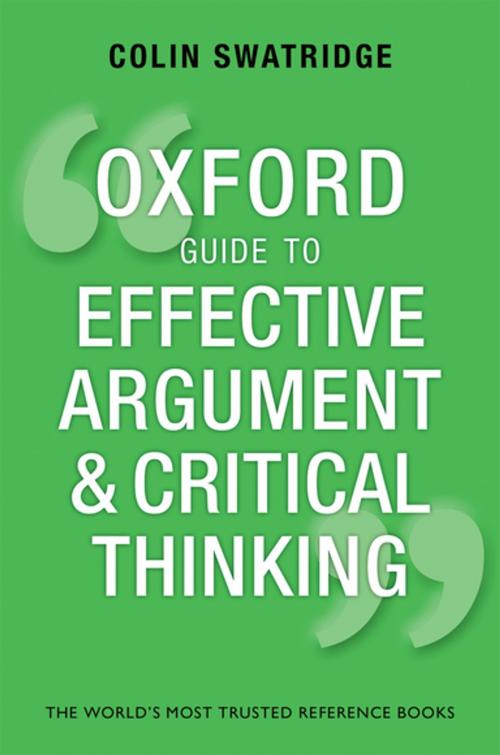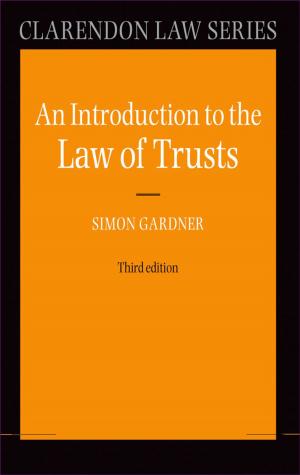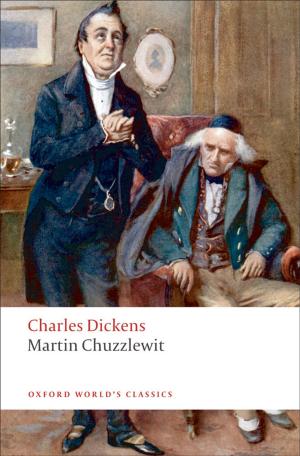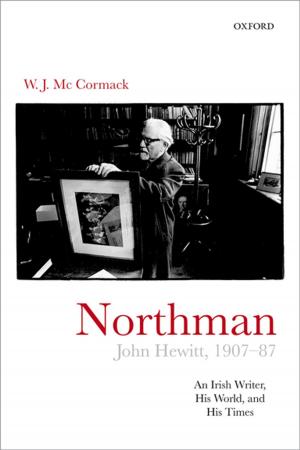Oxford Guide to Effective Argument and Critical Thinking
Nonfiction, Reference & Language, Language Arts, Writing & Publishing, Composition & Creative Writing, Reference| Author: | Colin Swatridge | ISBN: | 9780191651809 |
| Publisher: | OUP Oxford | Publication: | June 26, 2014 |
| Imprint: | OUP Oxford | Language: | English |
| Author: | Colin Swatridge |
| ISBN: | 9780191651809 |
| Publisher: | OUP Oxford |
| Publication: | June 26, 2014 |
| Imprint: | OUP Oxford |
| Language: | English |
How do you approach an essay or discussion question? How do you review what claims others have made and offer counter-claims? And how do you weigh up the strengths and weaknesses of your own argument before putting together a persuasive conclusion? This accessible book takes you step by step through the art of argument, from thinking about what to write and how you might write it, to how you may strengthen your claims, and how to come to a strong conclusion. Engagingly written and featuring useful summaries at the end of each chapter, this new book offers easily transferable practical advice on assessing the arguments of others and putting forward effective arguments of your own. The book's strength lies in its clear guidance and the use of real-life arguments - both contemporary and historical - and real-life essay questions from a variety of disciplines across the humanities and social sciences. These interesting, relevant, and often entertaining, examples are used not to illustrate, but to make essential points about what can be learnt, what techniques can be borrowed, and what pitfalls to avoid in the area of analytical thinking and writing. The Oxford Guide to Effective Argument and Critical Thinking is sure to improve the written work of any student required to demonstrate the key skills of critical writing and thinking. It is equally as valuable for professionals needing these skills (e.g. journalists, lawyers, researchers, politicians) as well as for anyone who has a case to put forward and would like to do so convincingly.
How do you approach an essay or discussion question? How do you review what claims others have made and offer counter-claims? And how do you weigh up the strengths and weaknesses of your own argument before putting together a persuasive conclusion? This accessible book takes you step by step through the art of argument, from thinking about what to write and how you might write it, to how you may strengthen your claims, and how to come to a strong conclusion. Engagingly written and featuring useful summaries at the end of each chapter, this new book offers easily transferable practical advice on assessing the arguments of others and putting forward effective arguments of your own. The book's strength lies in its clear guidance and the use of real-life arguments - both contemporary and historical - and real-life essay questions from a variety of disciplines across the humanities and social sciences. These interesting, relevant, and often entertaining, examples are used not to illustrate, but to make essential points about what can be learnt, what techniques can be borrowed, and what pitfalls to avoid in the area of analytical thinking and writing. The Oxford Guide to Effective Argument and Critical Thinking is sure to improve the written work of any student required to demonstrate the key skills of critical writing and thinking. It is equally as valuable for professionals needing these skills (e.g. journalists, lawyers, researchers, politicians) as well as for anyone who has a case to put forward and would like to do so convincingly.















